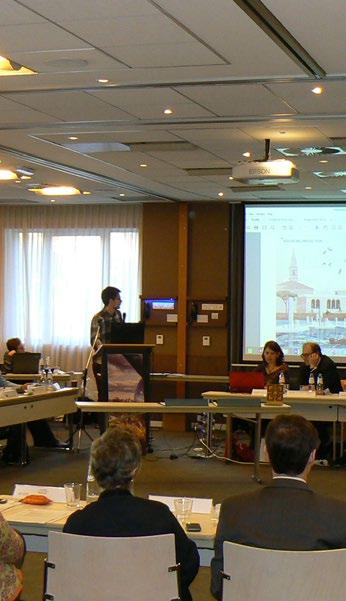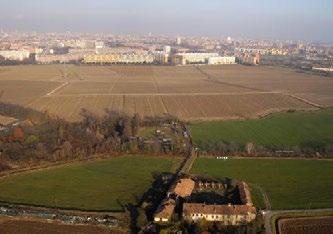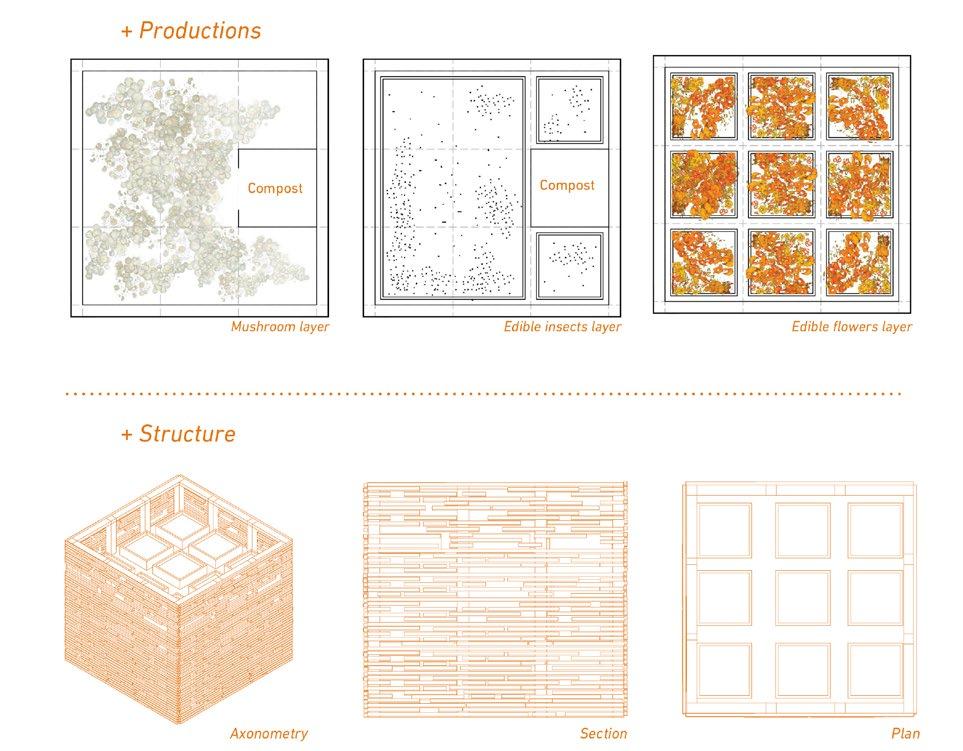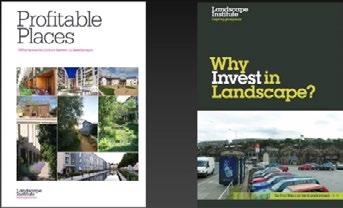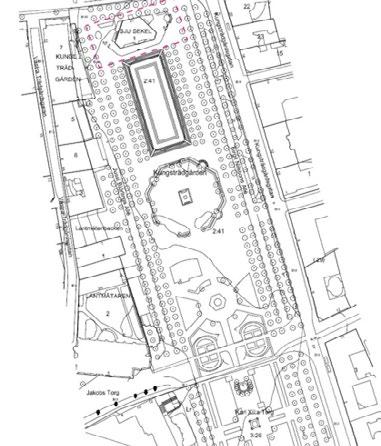
3 minute read
Resolution
Rethinking urban landscape resolution
For the first time in history, more than half the population of the planet lives in cities, which are now bigger than ever. These settlements are presenting unprecedented challenges to society and disrupting our relationship with the natural environment.
Advertisement
Understanding cities as landscapes will provide for opportunities linking the past, the present and the future in order to achieve social justice, sense of place, economic health and ecological integrity.
The undersigned, as representatives of the 34 National Associations of the European Region of the International Federation of Landscape Architects, having considered Urban Landscapes at our General Assembly in Brussels 2016, and wanting thus to contribute to the III UN Habitat Conference and the Urban Agenda, make the following statement:
WE BELIEVE Urban landscapes are dynamic, places where people express their will to live together, inspiring social and economic transformations.
Urban landscapes are alive, organic systems which rely on nature and its processes to create healthy environments.
Understanding the need for holistic planning, as cities are at the centre of economic growth and innovation, generating most of the continent’s prosperity, but their diversity and complexity makes them particularly vulnerable to social and environmental problems.
Realising that social cohesion was traditionally ensured by the tight integration that existed between individuals as well as a sense of belonging to the place they inhabited. Relentless urbanisation has created an urban society with changing lifestyles that increase identity problems and social alienation.
Recognising that continuous urbanisation is causing worldwide problems such as the deterioration of ecological systems due to urban pressures, conventional major infrastructure and agricultural intensification, while neglecting rural landscapes. This leads to threats to public health which, exacerbated by climate change, will adversely affect urban communities.
Acknowledging that economic growth models have had a tremendous impact on cities. They have become ravaged by poverty, lack of employment, precarious housing, social conflict and violence. These problems are very likely to intensify with the unrelenting migration of people to cities, and the continued liberalisation of global markets.
WE URGE
The Council of Europe, the European Union and all participants to the III UN Habitat Conference to give great weight to landscape in their decisions, using a holistic vision favouring ecological integrity, economic development, and social justice across political and other borders, thus
Promoting an understanding of urban landscapes, which encompasses site and location, embodying and concentrating many natural and cultural elements and processes within which are the result of an accumulative and organic process, often also planned and designed, in which habits and traditions have woven a landscape pattern singular and characteristic to each city.
Ensuring that a well-informed landscape approach is fully integrated into urban planning, design and management. Understanding the city as a landscape will help to manage a system of perpetual change, resulting from living processes. Using the metabolism of urban landscapes, its flows of energy, air, water, materials, food and biodiversity, thus creating urban infrastructures that provide for a sustainable and healthy environment. Committing to establish mechanisms and tools that integrate all stakeholders in democratic governance, which considers the citizen as its main focus and recipient, aware that urban policies rely on setting up strategies of social transformation. Advocating cities as pioneers for innovative solutions regarding resource efficiency, land use and environmental sustainability, making effective use of natural capital to deliver ecosystem services. This will have direct impact on human life, health and biodiversity, especially in a scenario of climatic change, in order to shape the cities of the future, creating new interpretations for sustainable healthy living spaces. Assisting developing countries, as in the next decades more than three quarters of the planet will be urban, and therefore living through even greater challenges.
Following other international and European texts on the matter such as:
• • • • • • • The Vancouver Declaration on Human Settlements, 1st UN-Habitat Conference. Vancouver (1976). Recommendation concerning the Safeguarding and Contemporary role of Historic Areas, ICOMOS. Nairobi (1976). Istanbul Declaration on Human Settlements, 2nd UN-Habitat Conference. Istanbul (1996). The European Landscape Convention, Council of Europe. Florence (2000). World Urban Campaign, UN-Habitat (2009). Territorial Agenda 2020, European Union (2011). Recommendation on the Historic Urban Landscape, UNESCO (2011). Environment Action Programme 2020, European Union (2013). The City we need 2.0, Urban Thinkers Campus, UN-Habitat, (2015-16).

